新闻周刊:全球著名CEO失言录(组图)
http://www.sina.com.cn 2010年12月03日 10:34 新浪尚品
全球各大公司的CEO毫无疑问代表着整个公司的形象和门面,然而言多必失,再聪明的人也难免让人抓到其口不择言的时刻。让我们看看这些全球著名公司的CEO们在公开场合发表过什么“雷人”言论。
1、微软CEO史蒂夫-鲍尔默
当马克-鲁卡斯基2004年告诉他的老板鲍尔默,他将投奔谷歌。鲍尔默说:“我要活埋谷歌CEO艾里克-施密特,我以前就这么干过,今天要再来一次。我要杀了谷歌。”
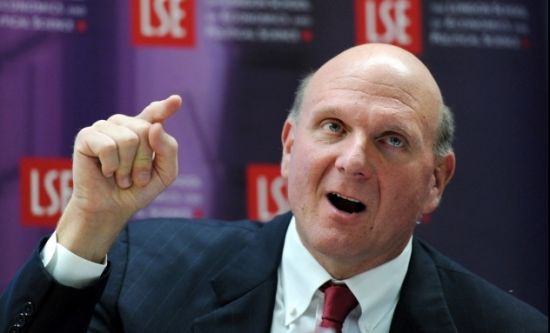 微软CEO史蒂夫-鲍尔默
微软CEO史蒂夫-鲍尔默2、通用汽车总裁和CEO里格-瓦格纳
他在解释通用为何不生产节省能源的车型时称:“我们不得不制造人们想买的汽车和卡车。”
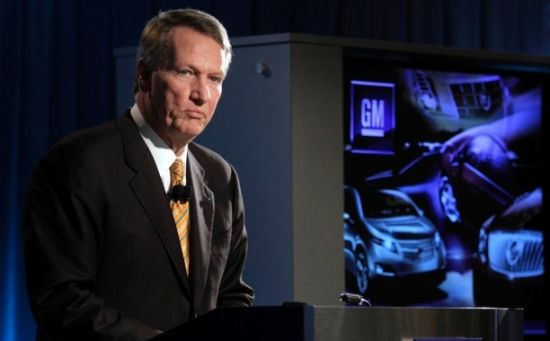 通用汽车总裁和CEO里格-瓦格纳
通用汽车总裁和CEO里格-瓦格纳3、惠普CEO马克-赫德
在2010年春季花了近10亿美元来收购 Palm后,马克-赫德在一个技术会议对投资者称:“惠普收购Palm不是为了进入智能手机业务。”
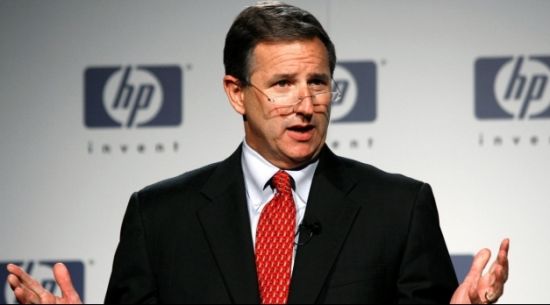 惠普CEO马克-赫德
惠普CEO马克-赫德4、Alltel CEO斯科特-福特
福特2008年在谈到他把公司以281亿美元的价格出售给Verizon Communications的决定时说,对于那些不喜欢这一交易的人,他只能说:“让这件事情过去吧。”
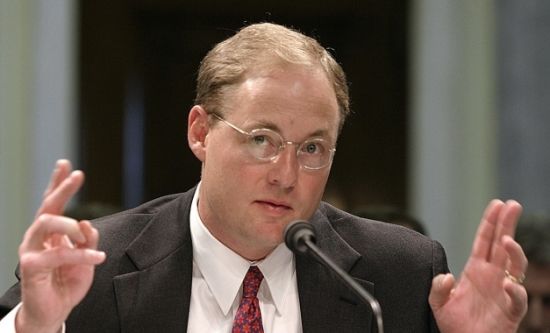 Alltel CEO斯科特-福特
Alltel CEO斯科特-福特5、谷歌CEO艾里克-施密特
他在谈到保护人们的隐私时称:“在你同意的情况下,你向我们提供有关你、你朋友的更多信息,我们可以改善我们搜索的质量。我们并不需要你把所有的信息都输入。我们知道你在哪里,你来自哪里。我们或多或少知道你在想什么。”
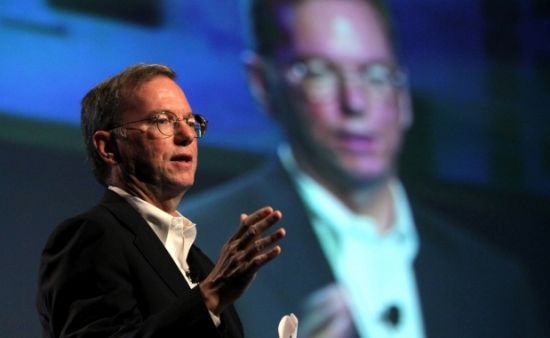 谷歌CEO艾里克-施密特
谷歌CEO艾里克-施密特6、英国石油公司CEO 托尼-海沃德
在发生漏油事件后,海沃德称:“墨西哥湾是一个海域非常大的海洋。就整体海水量而言,我们泄漏的原油和除油剂是很少的。”
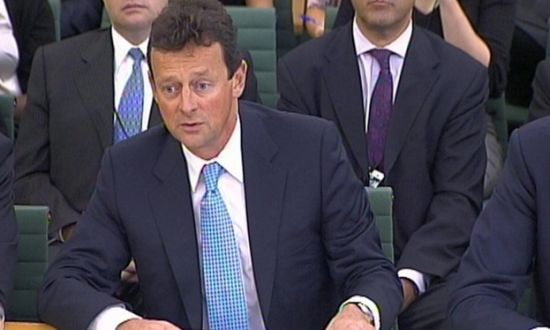 英国石油公司CEO 托尼-海沃德
英国石油公司CEO 托尼-海沃德7、任天堂总裁兼CEO岩田聪
他2004年对一家日本杂志谈到在线游戏时称:“消费者不想玩在线游戏。”
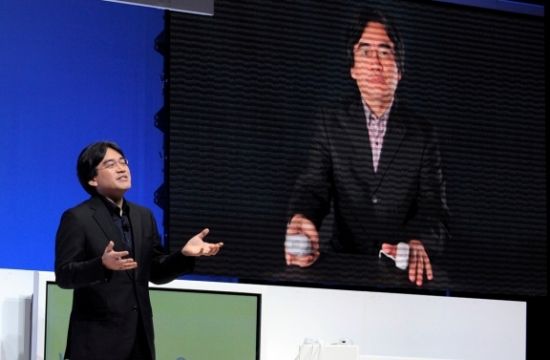 任天堂总裁兼CEO岩田聪
任天堂总裁兼CEO岩田聪8、Facebook CEO 马克-扎克伯格
扎克伯格在即时通讯对话称:“如果你需要任何哈佛大学人的信息,就问我吧。我有超过4000的电子邮件、照片、地址和SNS信息。他们“相信我”。这些蠢货。”
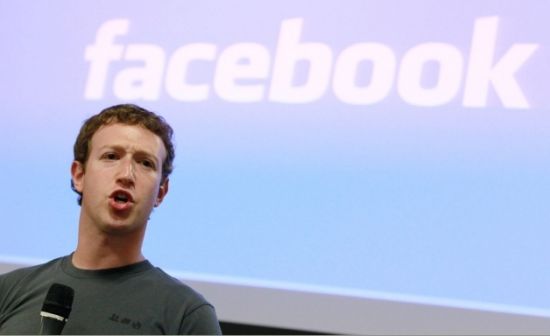 Facebook CEO 马克-扎克伯格
Facebook CEO 马克-扎克伯格CEOs Who Said Too Much
CEOs and other major executives are the faces of their companies. Hence the typical arsenal of PR folks, speechwriters, and image crafters who help them refine their pitches to the public. Ninety percent of the time, that approach keeps everyone in line and happy. The other 10 percent of the time, we end up with photo galleries like this one. From minor faux pas to career-ending comments, NEWSWEEK takes a look at head honchos who opted perhaps not to think before they spoke。
1、Microsoft CEO Steve Ballmer
According to legal documents related to a Microsoft-Google case, when Mark Lukovsky told his boss, Microsoft CEO Steve Ballmer, in 2004 that he was leaving for a position at Google, Ballmer had a bit of a meltdown. Lukovsky has stated that Ballmer threw a chair across the room, hitting a table, and then said, "[Google CEO] Eric Schmidt is a f--king pu--y. I'm going to f--king bury that guy. I have done it before, and I will do it again. I'm going to f--king kill Google." Ballmer later issued a statement calling Lukovsky's version of events a "gross exaggeration." Whatever the case, "burying Google" appears not to have worked out: Google's revenues are at least eight times what they were in 2004.
2、General Motors Chairman and CEO Rick Wagoner
When General Motors chairman and CEO Rick Wagoner tried to explain why his company didn't jump on the energy-efficiency bandwagon, it might have just been an odd choice of words. "We have to build cars and trucks that people want to buy," he told a Dallas crowd during a keynote address in 2008. But then gas prices shot up and automakers like Wagoner's took a hit to their sales. Naturally, the company had a change of heart, pledging to produce more fuel-efficient models and ones that use nonpetroleum-based sources of energy such as biofuel, battery power, and hydrogen.
3、HP CEO Mark Hurd
After having spent in the neighborhood of a billion dollars to acquire Palm in the spring of 2010, Hewlett-Packard CEO Mark Hurd then told investors at a tech conference that HP "didn't buy Palm to be in the smart-phone business." Though HP made the purchase because it wanted the Web OS that came on the Palm, suggesting that the company didn't want to take part in a mobile business that is expected to hit $150.3 billion by 2014 didn't go over as well as Hurd had hoped. Earlier this year, Hurd resigned from the position, not for his comments but because of accusations of sexual harrassment. An investigation into the matter only found that he broke standards of business conduct.
4、Alltel CEO Scott Ford
In 2008, Scott Ford, CEO of Alltel, told the Rotary Club of Little Rock, Ark., that his decision to sell the company for $28.1 billion to Verizon Communications was coming together. For anyone who didn't like it--including some shareholders--he had three words: "Get over it." In the same speech, he acknowledged that some 1,500 local workers could be laid off because of the sale, which he said made good business and moral sense.
5、Google CEO Eric Schmidt
Eric Schmidt has found himself on several occasions the unfortunate poster child for what not to say about the Web and privacy. Earlier this year, he did it again. During a conversation with The Atlantic, Schmidt admitted that Google got close to the "creepy line" with regard to its technological abilities but insisted the company had never crossed it. Then he added that he envisioned a future in which people would embrace a larger role for machines and technology. "With your permission, you give us more information about you, about your friends, and we can improve the quality of our searches. We don't need you to type at all. We know where you are. We know where you've been. We can more or less know what you're thinking about." Uh, OK。
6、BP CEO Tony Hayward
Oil was spewing into the ocean and floating toward fragile wetlands and out-of-work fishermen sat idle on the Gulf Coast while BP was trying, but failing, to stop the spill. Then Tony Hayward, the company's CEO, tried to downplay the significance of the disaster, saying, "The Gulf of Mexico is a very big ocean. The amount of volume of oil and dispersant we are putting into it is tiny in relation to the total water volume." It turns out calling the largest accidental oil spill in history "tiny" was not the best choice of words. Nor was his later comment that he would "like his life back." Hayward no longer has the CEO job, but he does have a $930,000 annual pension。
7、Nintendo President and CEO Satoru Iwata
Six years is an eternity when it comes to Web-based businesses. Even so, it is hard to forgive Satoru Iwata's 2004 assertion about online gaming: "Customers do not want online games," he told a Japanese magazine. His evidence at the time was sluggish sales for online games, compared to more popular offline titles. But these days, big-name games with online components (Microsoft's Halo series and Blizzard's World of Warcraft, for instance) as well as social games on Facebook and other platforms, are all raking in the revenue. It's safe to say Iwata's statement was a little off base。
8、Facebook CEO Mark Zuckerberg
Mark Zuckerberg, Facebook's billionaire cofounder, probably cursed the Internet's eternal memory in this instance. In May 2010, Business Insider got its hands on instant messages that it said Zuckerberg typed back when his Web site had about 4,000 users. "Yeah so if you ever need info about anyone at Harvard [University] ... Just ask," the messages attributed to Zuckerberg read. "I have over 4,000 emails, pictures, addresses ... People just submitted it ... I don't know why ... They 'trust me' ... Dumb f--ks." The instant messages came from anonymous sources, Business Insider said. Facebook responded by emphasizing its commitment to privacy, but some observers took the revelation as more evidence of the company's cavalier handling of and profiting from the personal information its users provide。
(新闻周刊)
(解雨)
